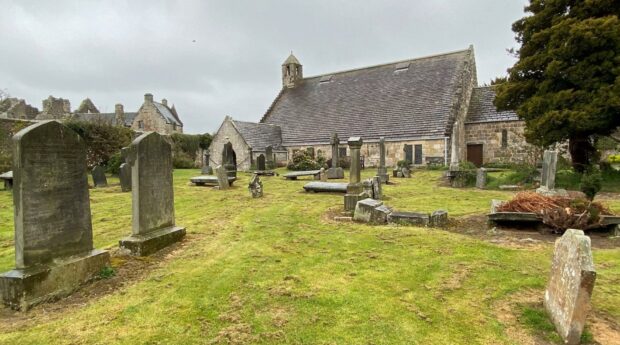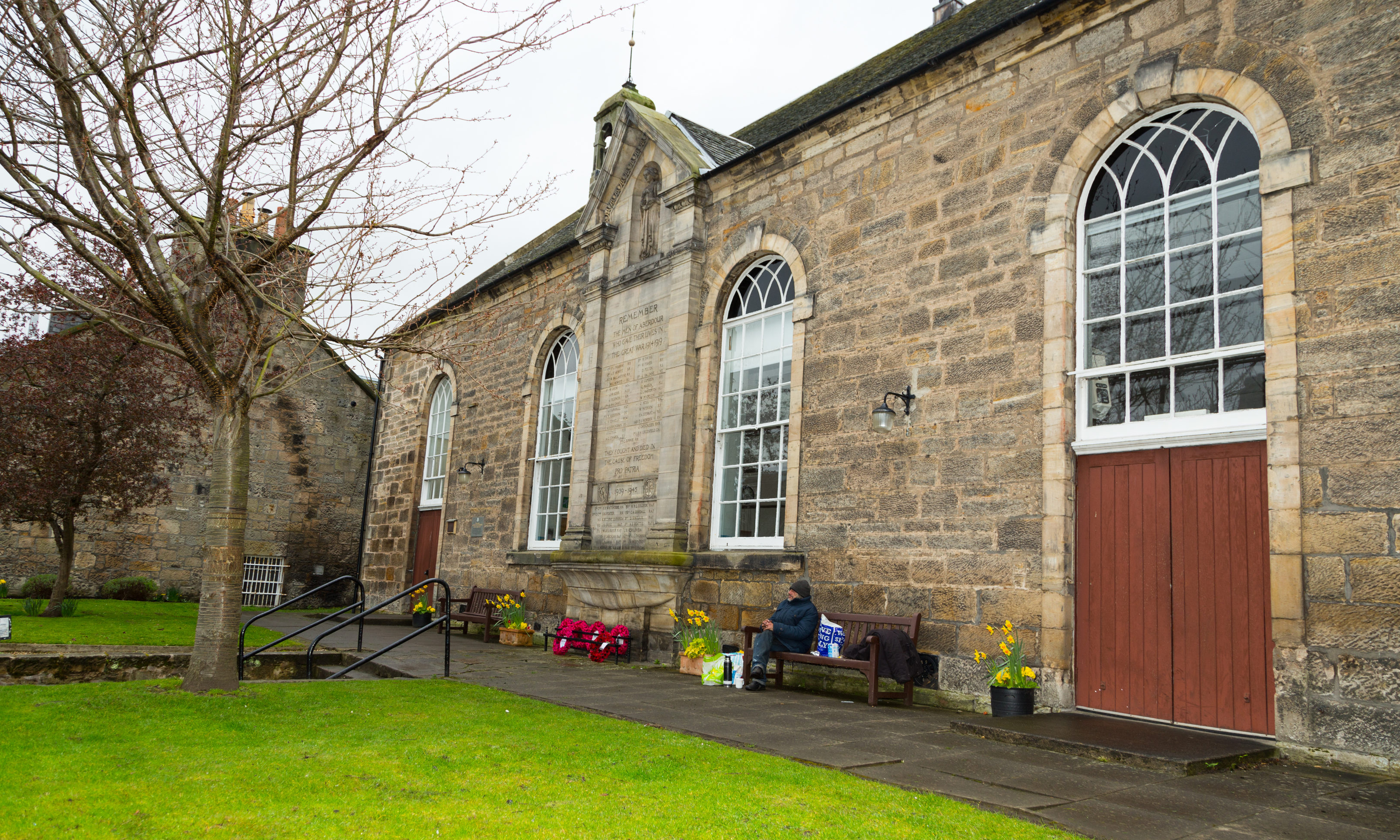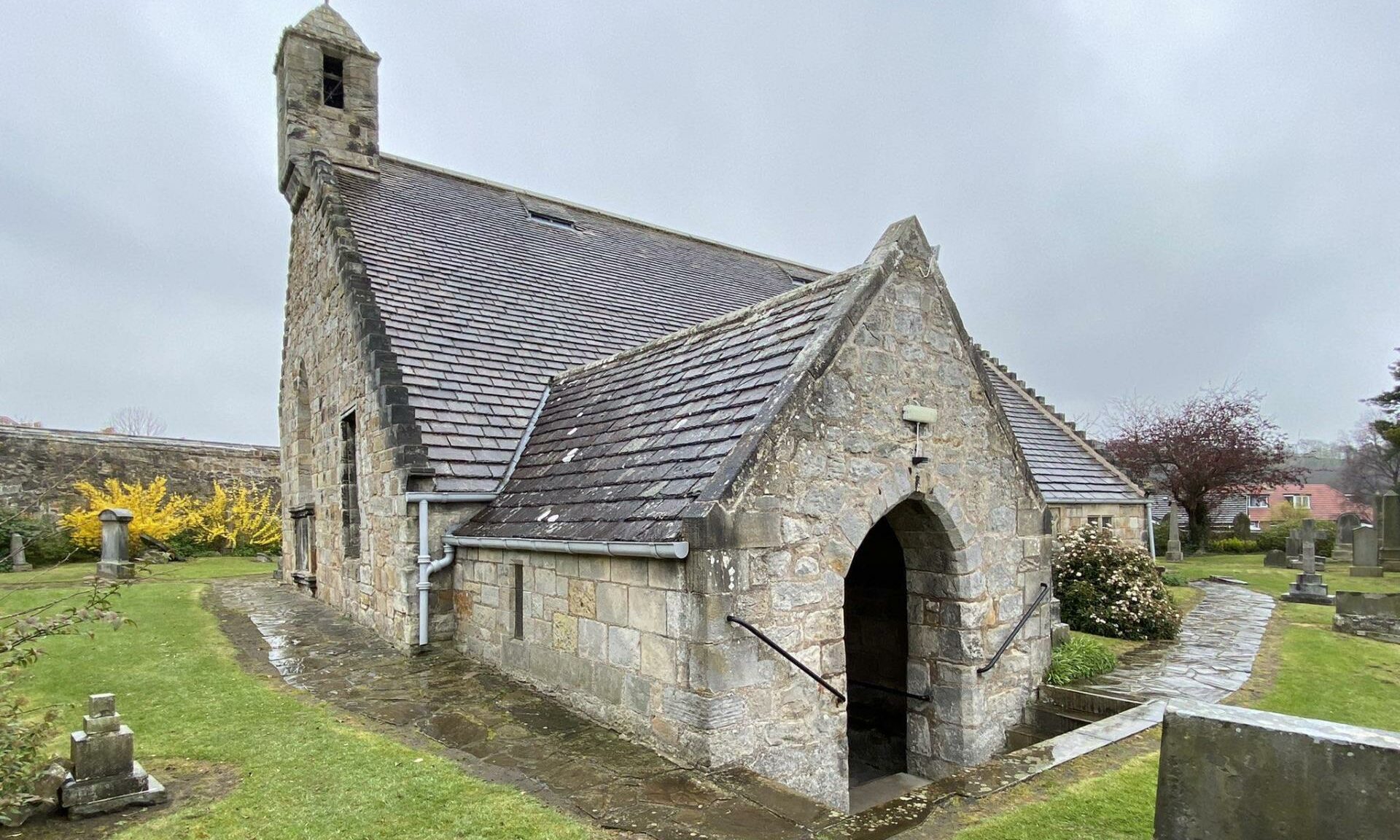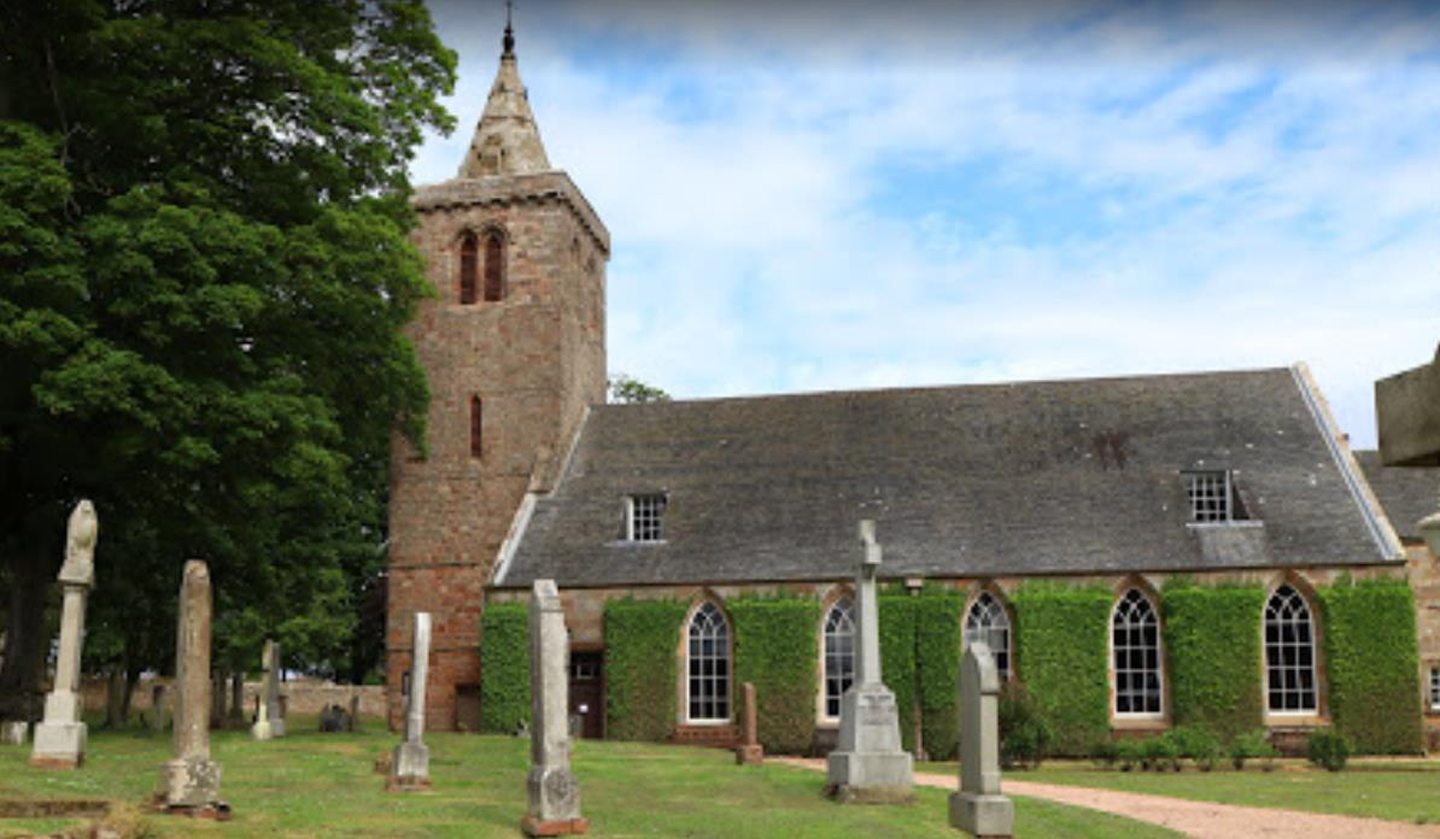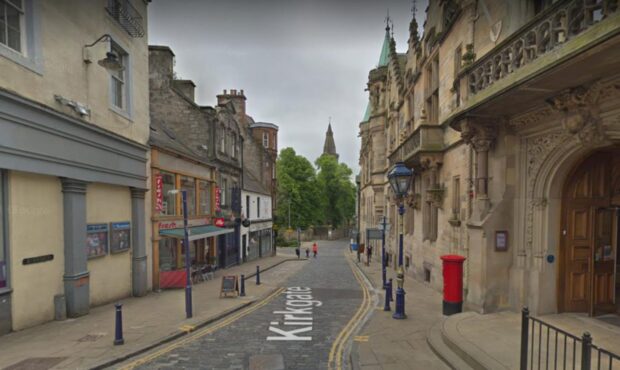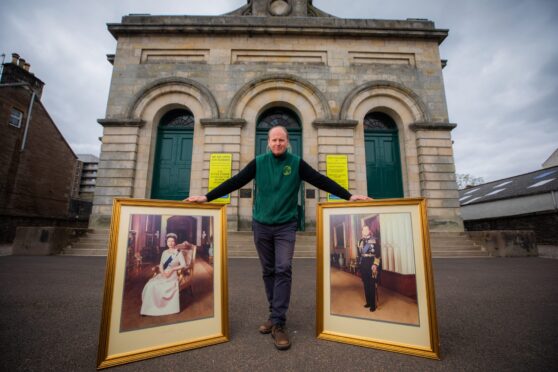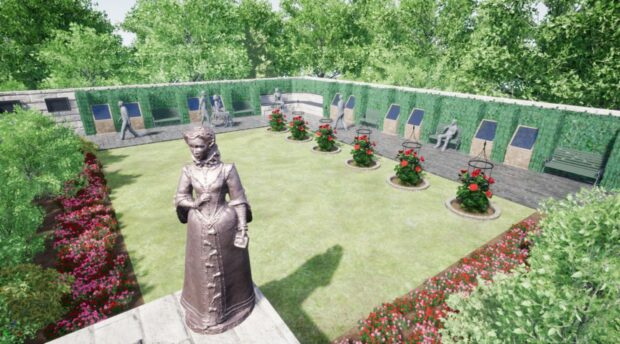An historic church thought to be the oldest in Scotland has been saved from a cull of kirks in its 900th year, after parishioners’ “prayers were answered”.
St Fillan’s Parish Church in Aberdour, which dates back to 1123, was earmarked for closure as part of a controversial downsizing exercise by Church of Scotland.
And 12th-century Crail Church will also be saved if an action plan for its future is submitted.
The two historic buildings were among 51 Fife churches earmarked for closure last year.
However, St Fillan’s has now been taken off the endangered list, after a year-long campaign to keep it alive won over the influential Historic Churches Working Group tasked with evaluating those marked for closure.
900th anniversary boost
Andy Bastow, chair of St Fillan’s 900-year celebrations committee, said Aberdour was overjoyed that the kirk’s future had been secured.
He said: “The village came together as one to campaign for it to be saved and thankfully our prayers have been answered.”
Kirk number crunchers came up with a formula to identify buildings that could be sold off in a bid to reduce its property portfolio.
St Fillan’s, dubbed a “miniature cathedral” and “one of the finest examples of Norman architecture in Scotland” was included on a list of 51 properties in Fife to be “sold, let or otherwise disposed of”.
But villagers claimed it was a victim of a flawed algorithm biased towards modern buildings at the expense of historical treasures that form the bedrock of communities.
Public meetings were held and more than 150 letters of objection were submitted to Fife Presbytery in opposition to the plan, which St Fillan’s property convener Willie Crowe – also a fifth generation member of the congregation – dubbed “an act of cultural vandalism”.
Retention comes with condition
The campaigners were given hope after the Historic Churches Working Group was tasked with looking again at the long term viability of kirks such as St Fillan’s.
The working group reported its findings back to Fife Presbytery, which has the power to reverse the previous designation in agreement with the National Church.
The working group has now ended months of worry by rubber-stamping St Fillan’s retention.
It said: “Retention comes with the condition that the congregation engage with the Historic Churches Support Group in preparing by June 2026, or before, an action plan for the development of the church as an asset for mission.”
A spokesman for the Church of Scotland said Fife Presbytery met and approved the working group’s report which should mean St Fillan’s future as a place of worship has been secured.
Jim Leishman, Provost of Fife, who had backed the campaign, said: “I’m delighted with the outcome.”
Positive signs for Crail
The working group was also positive about the future of Crail Church.
It said: “The church’s officer-bearers are keen to undertake restoration work to the church, but the current determination of disposal has prevented their going forward with the restoration plans.
“On balance we can see good reasons for the retention of the church within the ownership of the church, and as the focus for Church of Scotland worship within Crail.
“Retention comes with the condition that the congregation engage with the Historic Church Support Group, in preparing by June 2026 (or before) an action plan for the development of the church as an asset for mission.”
